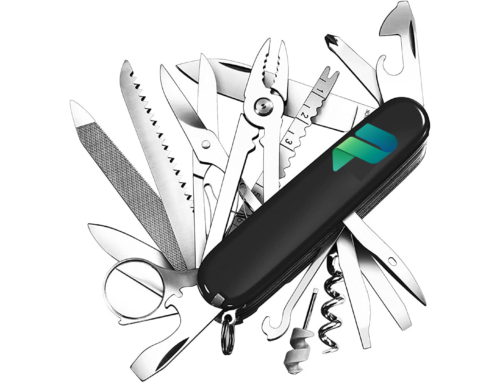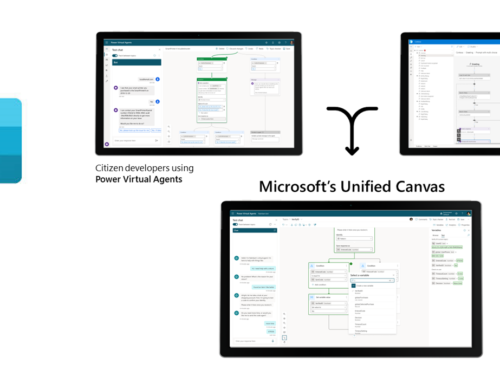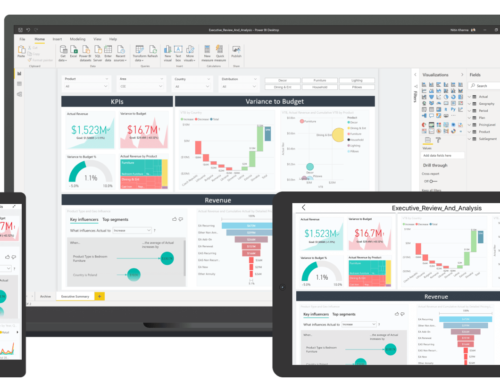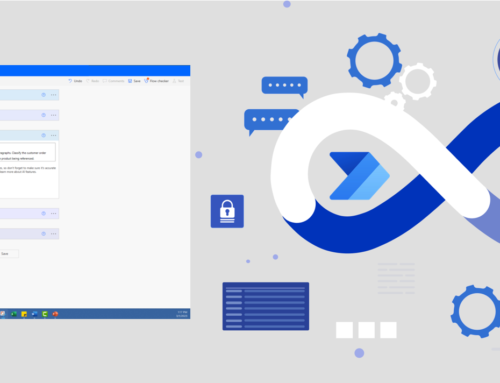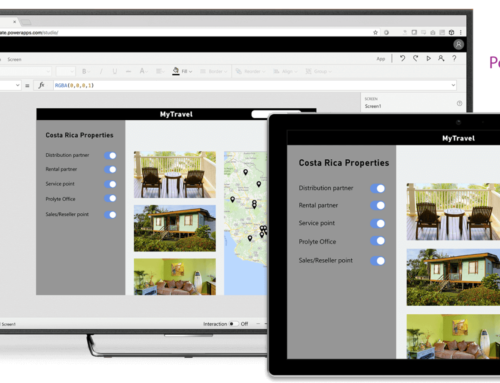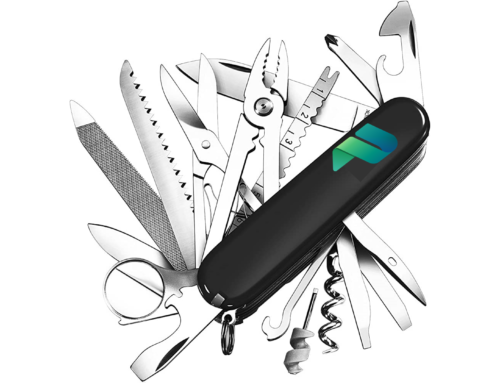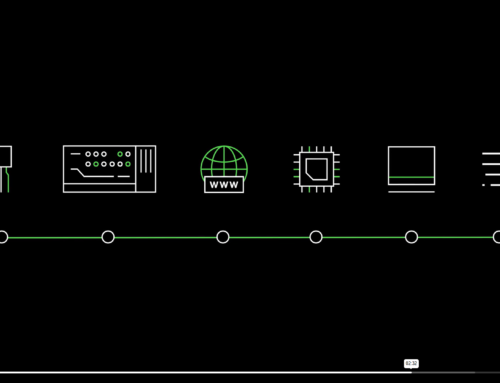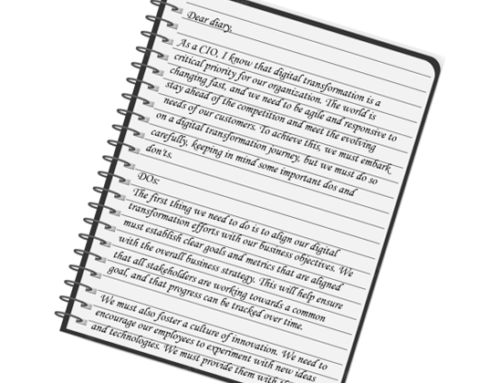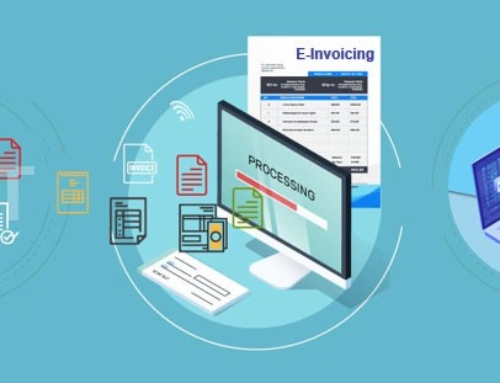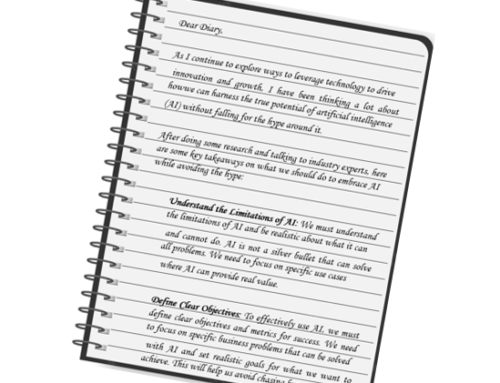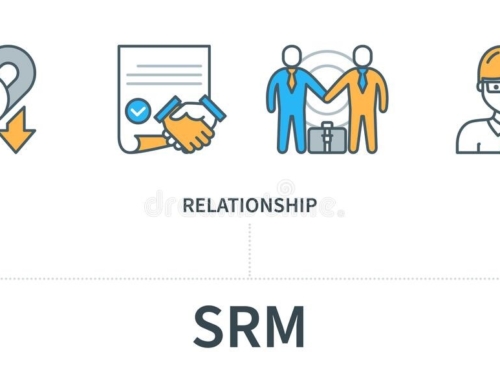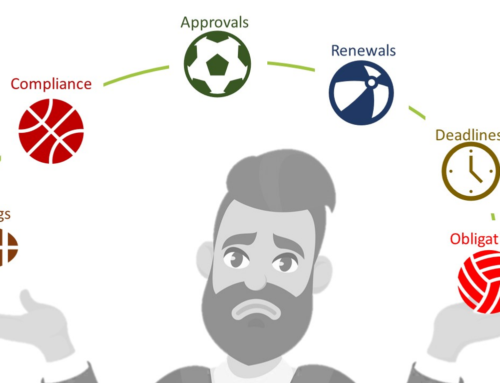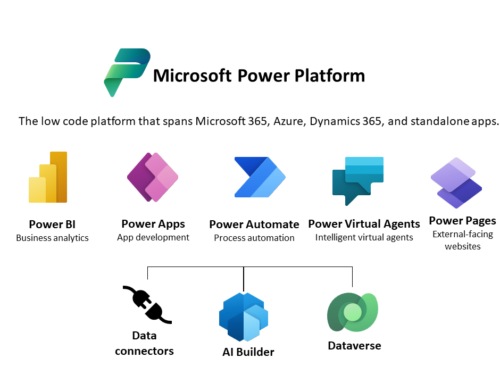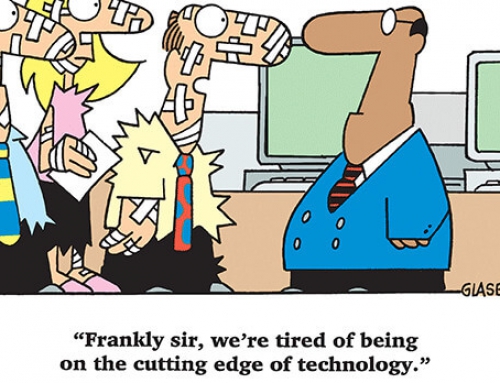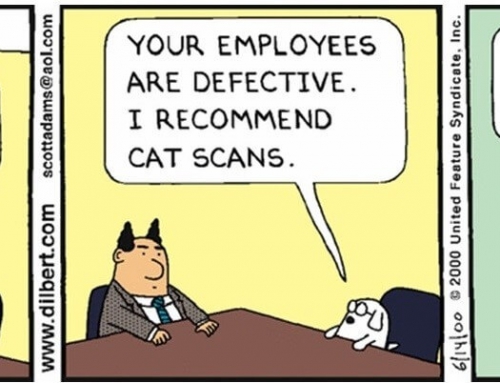Why is Contract Data Security Important?
Contracts are a fundamental part of any business, providing a legal framework for transactions and defining the obligations of all parties involved. These agreements often contain sensitive information, including personal data, financial information, and proprietary business secrets. As a result, contracts are a prime target for hackers and other cybercriminals looking to steal valuable data.
A breach of contract data can have serious consequences for a business. In addition to the loss of valuable data, it can result in legal action, financial penalties, and damage to a company’s reputation. Furthermore, with the advent of GDPR and other privacy regulations, businesses can face significant fines for failing to protect their customers’ personal information.
Best Practices for Contract Data Security
To ensure that your contract data remains secure, it’s important to follow best practices for data security. Here are some key steps that businesses can take to protect their contract data:
- Implement Strong Access Controls: Access controls are one of the most important aspects of contract data security. By limiting access to contracts and other sensitive information to only authorized personnel, businesses can reduce the risk of data breaches. This can be accomplished through the use of passwords, biometric authentication, and other security measures.
- Use Encryption: Encryption is an essential tool for protecting contract data. By encrypting sensitive data both in transit and at rest, businesses can ensure that even if data is intercepted, it will be unreadable without the proper decryption key.
- Regularly Audit Access Logs: Regularly auditing access logs can help businesses identify potential security threats before they become a problem. By monitoring who has accessed contract data, businesses can quickly detect unauthorized access attempts and take action to prevent further breaches.
- Use a Secure Contract Management System: A secure contract management system can provide businesses with the tools they need to manage their contracts securely. This includes features such as access controls, encryption, and audit logging, all of which can help ensure the security of contract data.
- Train Employees on Data Security: Finally, it’s important to educate employees on the importance of data security. By providing regular training on data security best practices and policies, businesses can help ensure that employees are aware of potential security risks and know how to avoid them.
Conclusion
Contract data security is an essential part of any business’s security strategy. With contracts containing sensitive information, businesses must take steps to protect this data from cybercriminals and other potential security threats. By following best practices such as implementing strong access controls, using encryption, regularly auditing access logs, using a secure contract management system, and training employees on data security, businesses can reduce the risk of data breaches and protect their contracts and their customers’ sensitive information.
LegaDox keeps your contracts in your environment, making sure you have control over their security and confidentiality. To book a demo of LegaDox, contact us at info@prosares.com


